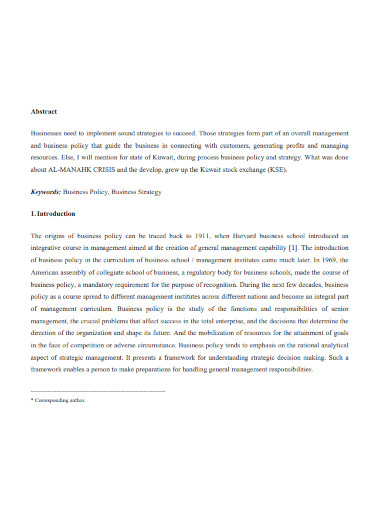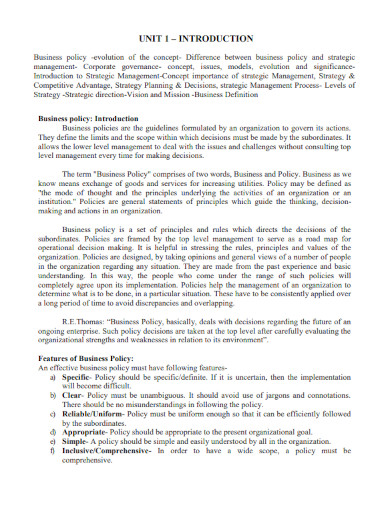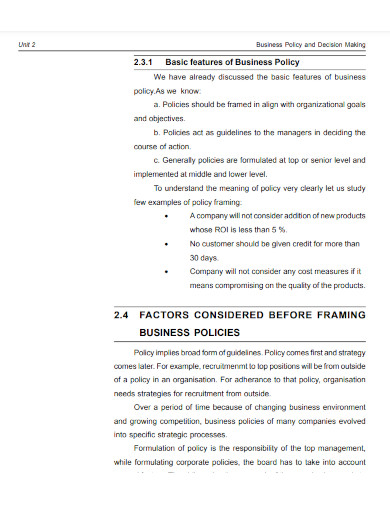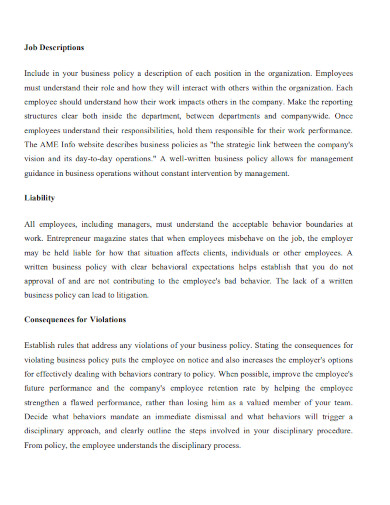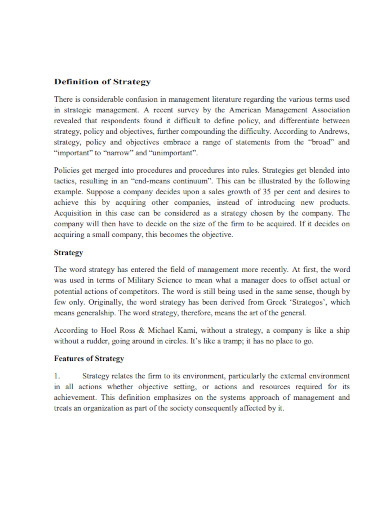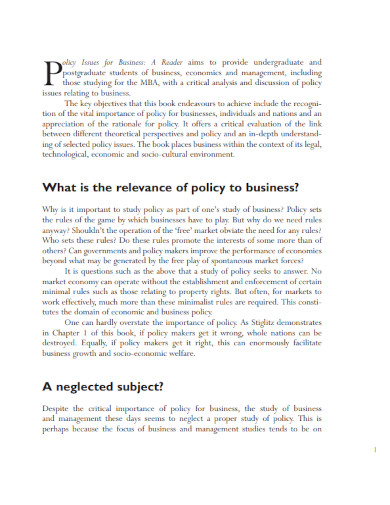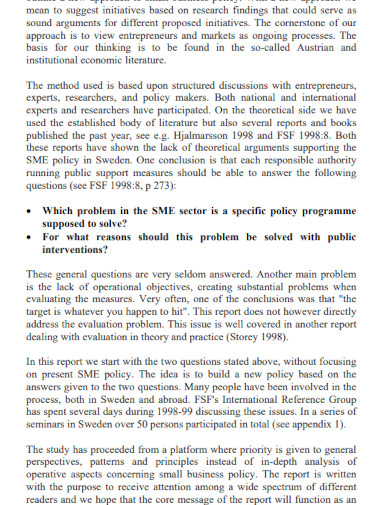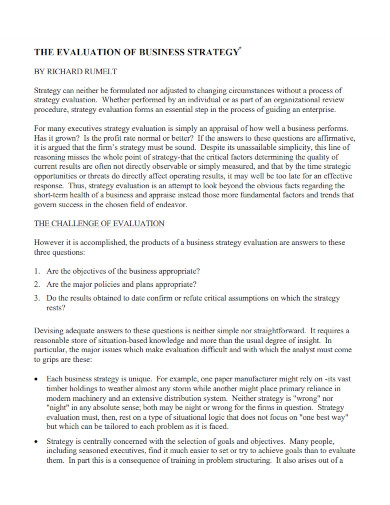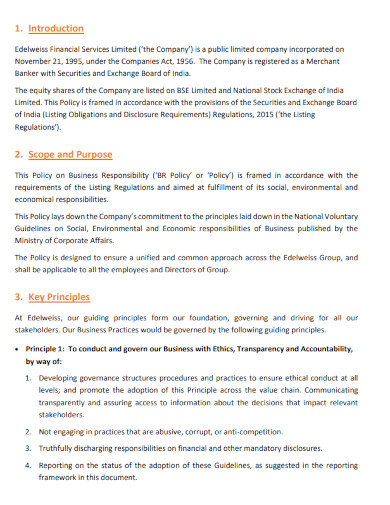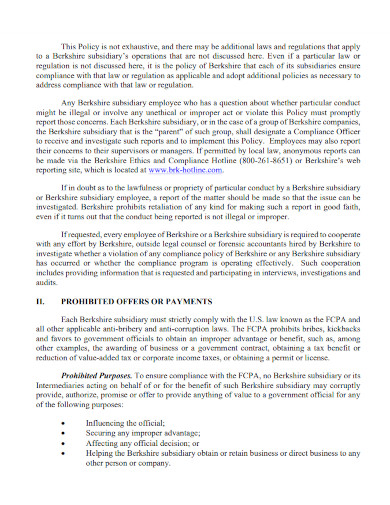Businesses are already difficult to manage on their own, and the task becomes even more difficult when you embark on a venture that aims to manage the finances of your own clients. Starting a business in the fields of coaching, consultation, and management can be extremely expensive, and it can be difficult to find your niche in this competitive field. It can be a real hassle to keep track of everything that needs to be done and to ensure that every component is taken into consideration at the same time. The ability to develop a comprehensive enough layout or plan for their own business is therefore extremely important for the majority of businesses and ventures. It makes no difference whether the venture is a start-up business or not. A well-thought-out plan aids in keeping everyone on track for the duration of the company’s existence, especially managers and supervisors, who are often in charge of overseeing all aspects of the business’ operations. A well-written business plan can make a significant difference in the success of your company. Providing you with the ability to move forward without much difficulty.
It is strongly discouraged to start a business without first developing a business policy. This is due to the fact that doing so is synonymous with doing something without a specific goal in mind. There is no way forward without a plan. Without a clear direction. Furthermore, business plans provide you with this kind of guidance. Additionally, it provides you with a whole other set of benefits, such as the ability to come up with and experiment with new ideas without having to invest too much time and resources in experimentation because you’ve already covered that part of the process in your business policy, among other things. Consider looking over these business policies samples that we’ve provided down below before you actually begin writing the document. Once you’ve become familiar with the document, you can use these samples as guides or even as templates for when you decide to write your own business policy, if you so choose.
10+ Business Policy Samples
1. Business Policy Strategy
2. Business Policy and Strategic Management
3. Business Policy and Decision Making
4. Business Policy Strategy Management
5. Business Policy Management Example
6. Policy Issues for Business
7. Business Policy Development Programme
8. Outline Contemporary Business Policy
9. Evaluation Business Policy
10. Business Responsibility Policy
11. Prohibited Business Policy
What Is a Business Policy?
An organization’s business policy defines the scope or spheres within which decisions can be made by subordinates within that organization. It allows lower-level management to deal with problems and issues without having to consult with top-level management every time a decision needs to be made.
Business policies are the guidelines that an organization develops to govern the actions of its employees. In other words, they define the parameters within which decisions must be reached. Business policy is also concerned with the acquisition of resources that will enable the organization to achieve its objectives. In business policy, the study of the roles and responsibilities of top-level management, the significant issues affecting organizational success, and the decisions that have a long-term impact on the organization are all covered.
Elements of a Business Policy
The effectiveness of policies is dependent on their adequacy. Any business’s ability to efficiently design and implement programs is dependent on the clarity and understanding of its policies by all parties involved in the enterprise. The policy should be stated in definite, positive, and easily understandable terms so that everyone can understand it. It is necessary to have a clear statement of policy in order for those who are affected by it to have a clear understanding of it. Clarity is the essence of a good policy because it ensures that everyone in the organization understands what it is trying to accomplish.
- Specific
The policy should be specific and unambiguous. If the outcome is uncertain, then putting the plan into action will be difficult. - Clear
The policy must be clear and unambiguous. It should refrain from employing jargon or connotations. When it comes to following the policy, there should be no misunderstandings. - Reliable/Uniform
In order for the policy to be effective, it must be uniform enough that it can be followed efficiently by subordinates. - Appropriate
Policies should be tailored to the specific objectives of the organization at the time. - Simple
A policy should be straightforward and easily comprehended by all members of the organization. - Inclusive/Comprehensive
The policy must be comprehensive in order to have a wide range of applications. - Flexible
In terms of operation and application, policy should be adaptable. Not every policy should be changed all of the time, but policies should be broad in scope in order to ensure that line managers use them when dealing with repetitive or routine situations. - Stable
People who are looking for guidance should be able to rely on policy to be stable; otherwise, they will be prone to indecision and uncertainty.
FAQs
What are the types of business policies?
- Public policy
- Organizational policy
- Functional policy
- Specific policy
What is an example of a business policy?
Most companies have policies against using illegal drugs, drinking alcohol, or smoking tobacco on their property during working hours or at company functions. If smoking is permitted, policies will outline the steps that must be taken to insure that it is done safely.
What is the limitation of a business policy?
When it comes to organizational policies, one of the drawbacks is that the rigid nature of business rules and regulations can make it difficult to implement changes. Business rules, by their very nature, are inflexible and binary, which results in a rigid framework for your employees to operate within.
In summary, it should be noted that a good policy is directly related to an organization’s objective that is stated in understandable, written terms and can be translated into the practices and specialties of every department/division of the organization that is subject to change, but still relatively stable and has a high degree of permanence that is reasonable, feasible, and effectively communicated to all parties involved that is founded on facts and sound judgment that is able to cover all reasonably anticipated situations
Related Posts
Weekly Schedule Samples & Templates
Contractual Agreement Samples & Templates
FREE 9+ Amazing Sample Church Bulletin Templates in PSD | PDF
Sample Business Card Templates
Sample Cashier Job Descriptions
Questionnaire Samples
FREE 10+ Sample HR Resource Templates in PDF
FREE 10+ HR Consulting Business Plan Samples in MS Word | Google Docs | Pages | PDF
FREE 49+ Sample Job Descriptions in PDF | MS Word
FREE 16+ Nonprofit Budget Samples in PDF | MS Word | Excel | Google Docs | Google Sheets | Numbers | Pages
FREE 13+ Academic Calendar Templates in Google Docs | MS Word | Pages | PDF
FREE 10+ How to Create an Executive Summary Samples in Google Docs | MS Word | Pages | PDF
FREE 23+ Sample Event Calendar Templates in PDF | MS Word | Google Docs | Apple Pages
Company Profile Samples
FREE 10+ Leadership Report Samples [ Development, Training, Camp ]

